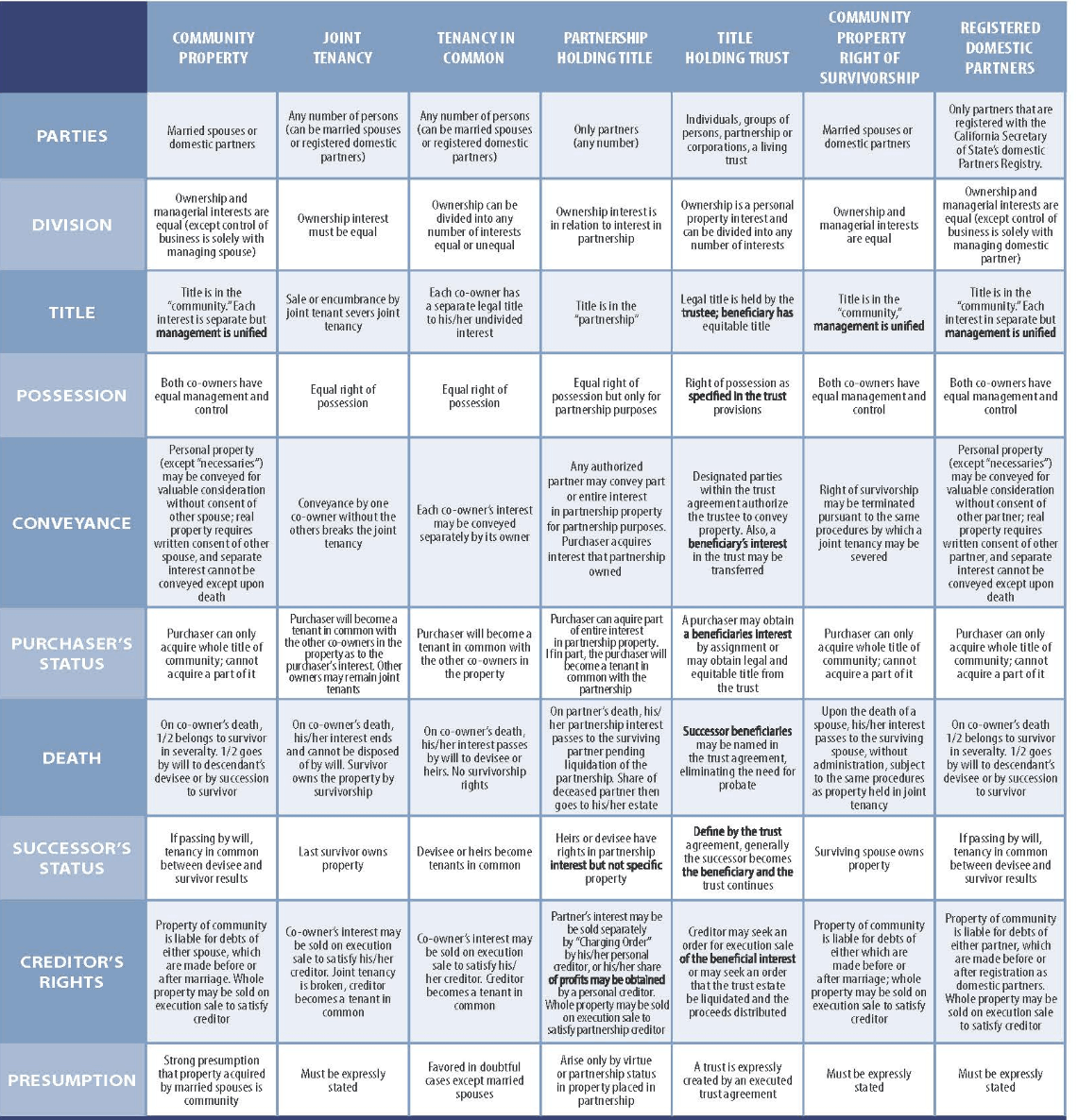
What changes can we expect in the Real Estate Market in 2025
As we approach 2025, the real estate market is poised for some significant changes. Several key factors are shaping the landscape, and understanding these can help buyers, sellers, and investors navigate the evolving terrain. Let's delve into what 2025 might bring us in terms of mortgage rates, inve

What you NEED to know about taking Title or Vesting in California
Navigating the process of taking title in California can be a complex endeavor, but understanding your options and the implications can help streamline your real estate transaction. Whether you're a married couple, single, or in a partnership, each title-taking method has its own set of advantages a

Tax Benefits of Buying a Home this Year ... and there's still time!
When it comes to making a significant financial investment like purchasing a home, timing can be everything. If you've been on the fence about buying a property, there are compelling reasons to consider making your move this year. Among the most enticing incentives are the tax benefits that come wit
Categories
Recent Posts










